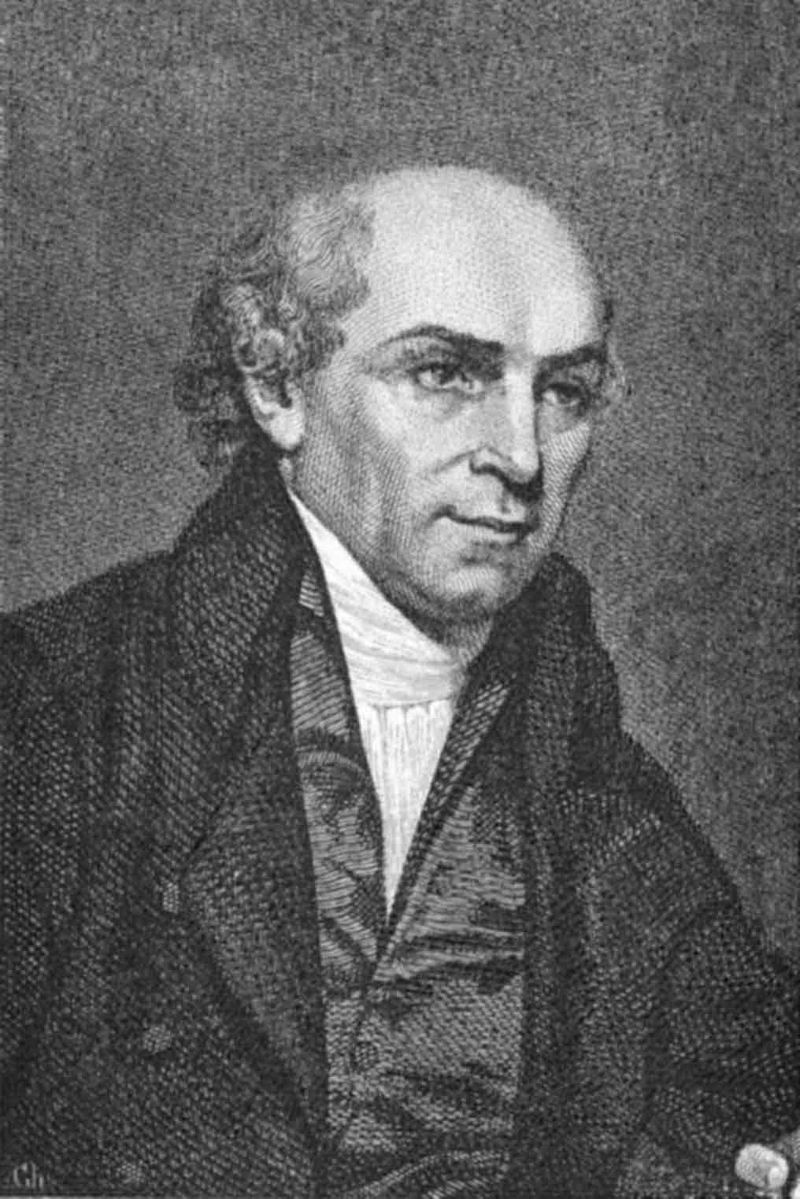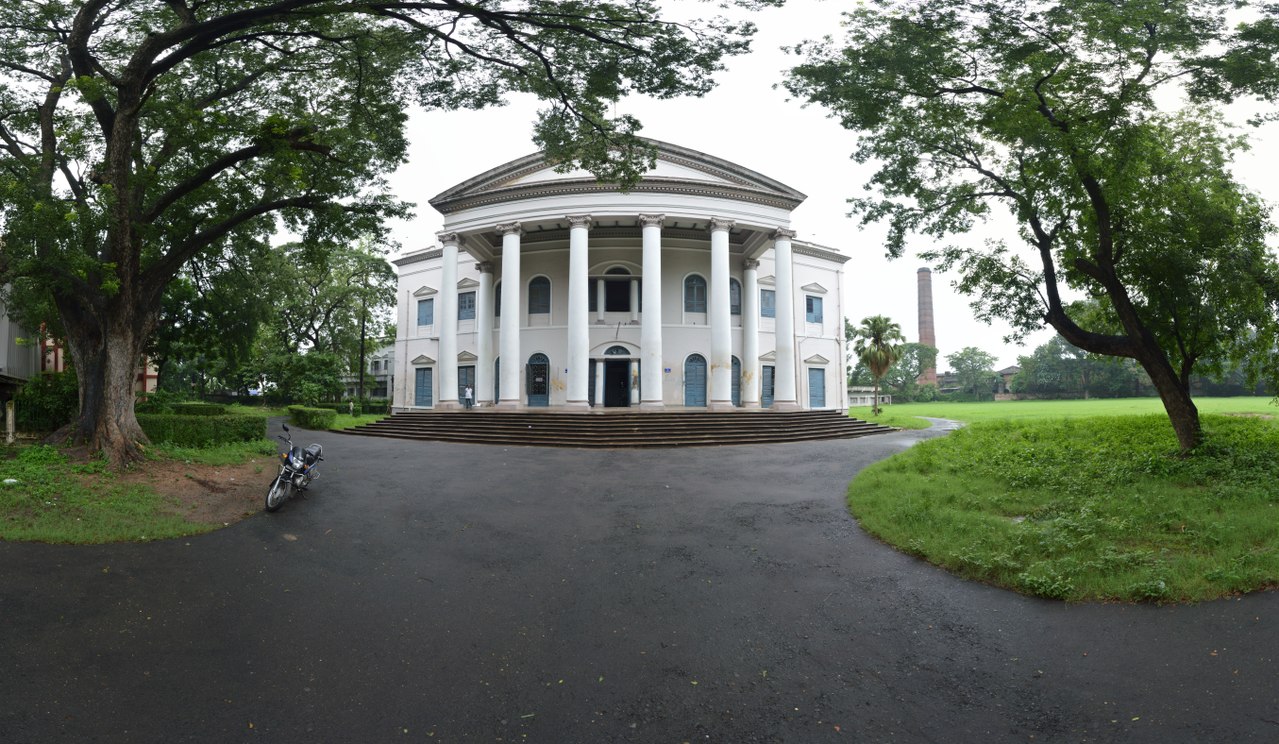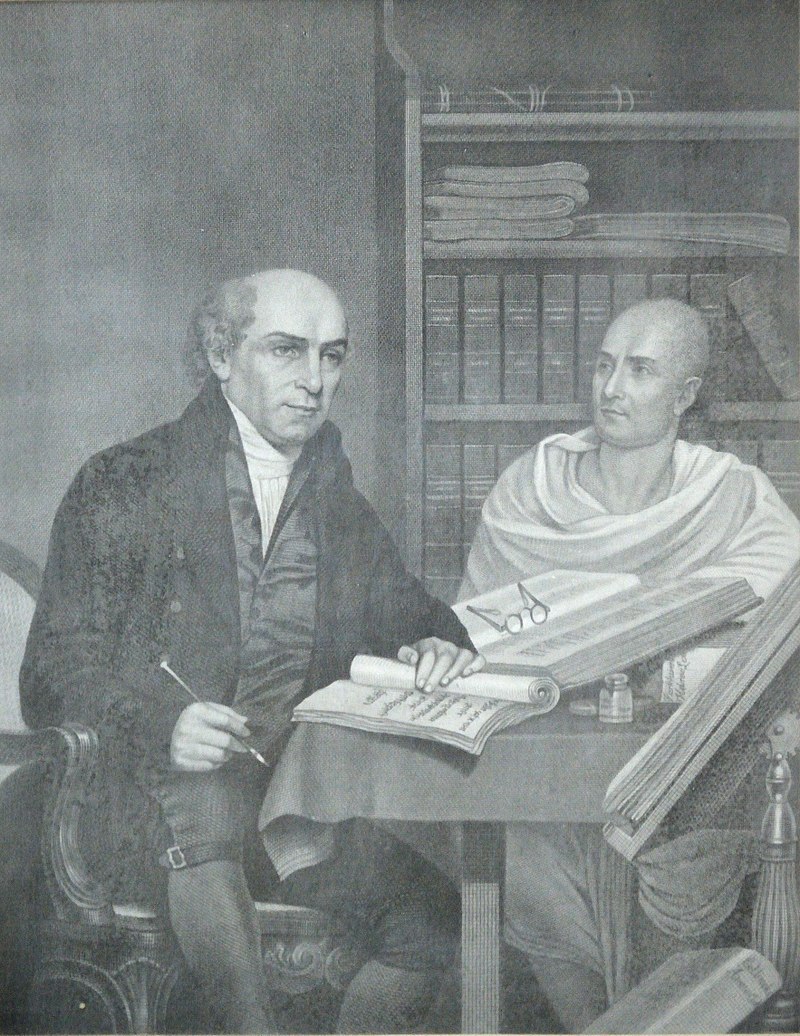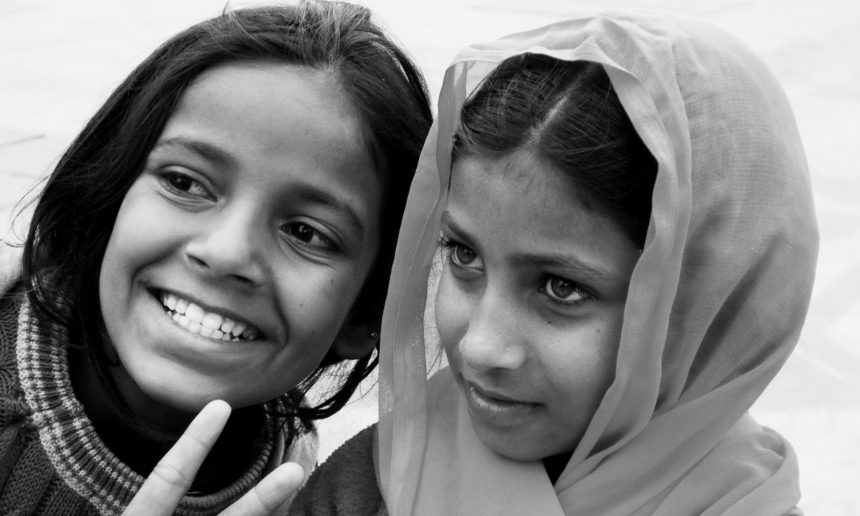The future is as bright as the promises of God.” – William Carey, Missionary
 William Carey is known as the father of modern missions. He was born into an Anglican weaver’s family in a small village in Northamptonshire, England in 1761 and was the oldest of five children. Carey converted as a teenager while working as an apprentice blacksmith and was baptized in 1783 by Baptist preacher, John Ryland, Jr.
William Carey is known as the father of modern missions. He was born into an Anglican weaver’s family in a small village in Northamptonshire, England in 1761 and was the oldest of five children. Carey converted as a teenager while working as an apprentice blacksmith and was baptized in 1783 by Baptist preacher, John Ryland, Jr.
Carey possessed a natural gift of languages and taught himself Greek, Hebrew, Italian, Dutch, and French. A Particular Baptist minister, he was also a translator, social reformer, and cultural anthropologist. Carey founded Serampore College and Serampore University, the first degree-awarding university in India.
In 1793, Cary traveled to Calcutta, India but non-Baptist Christian missionaries forced him to leave the British Indian territory. He went to Serampore and joined Baptist missionaries in Frederiksnagar, a Danish colony. He started Sunday Schools for impoverished children in 1794 where they learned to read, write, accounting, and Christianity. This was considered the first primary school in all of India. The public school system that Carey started included girls in an era that women were unschooled.

The first theological university was opened by Carey in Serampore and offered divinity degrees. He advocated ending the practice of sati, where a widow would sit atop her husband’s funeral pyre and sacrifice herself.
Carey was recognized as the first Baptist missionary of the modern era and had a significant role as a missions apologist. As a young pastor, he published An Enquiry into the Obligations of Christians to Use Means for the Conversion of the Heathens, which led to the founding of the Baptist Missionary Society. He was commended by the Asiatic society for “his eminent services in opening the stores of Indian literature to the knowledge of Europe and for his extensive acquaintance with the science, the natural history, and botany of this country and his useful contributions, in every branch.”
 Among his dozens of translations is the ancient Hindu Sanskrit epic, the Ramayana translated into English. His bible translations include Bengali, Oriya, Assamese, Marathi, Hindi, and Sanskrit. He is heralded as both a reformer and a celebrated Christian missionary.
Among his dozens of translations is the ancient Hindu Sanskrit epic, the Ramayana translated into English. His bible translations include Bengali, Oriya, Assamese, Marathi, Hindi, and Sanskrit. He is heralded as both a reformer and a celebrated Christian missionary.
Carey spent 41 years in India without a furlough. Although his mission only counted 700 converts, he laid the foundation of Bible translations, education, and social reform. He was also known as “India’s first cultural anthropologist.” He died humbly and is revered by generations for his many contributions that revitalized the Bengali culture.
His legacy and influence is widespread in India and includes his teachings, translations, writings and publications, educational institutions, and influence in social reform. According to one of India’s foremost Christian intellectuals who continues Carey’s work today, Vishal Mangalwadi, “[Carey] saw India not as a foreign country to be exploited, but as his heavenly Father’s land to be loved and saved… he believed in understanding and controlling nature instead of fearing, appeasing or worshipping it; in developing one’s intellect instead of killing it as mysticism taught. He emphasized enjoying literature and culture instead of shunning it as maya [illusion or magic].”
==> And read Eric Liddell: Winning the Race.
==> Also read Ravi Zacharias: Defender of the Christian Faith.


